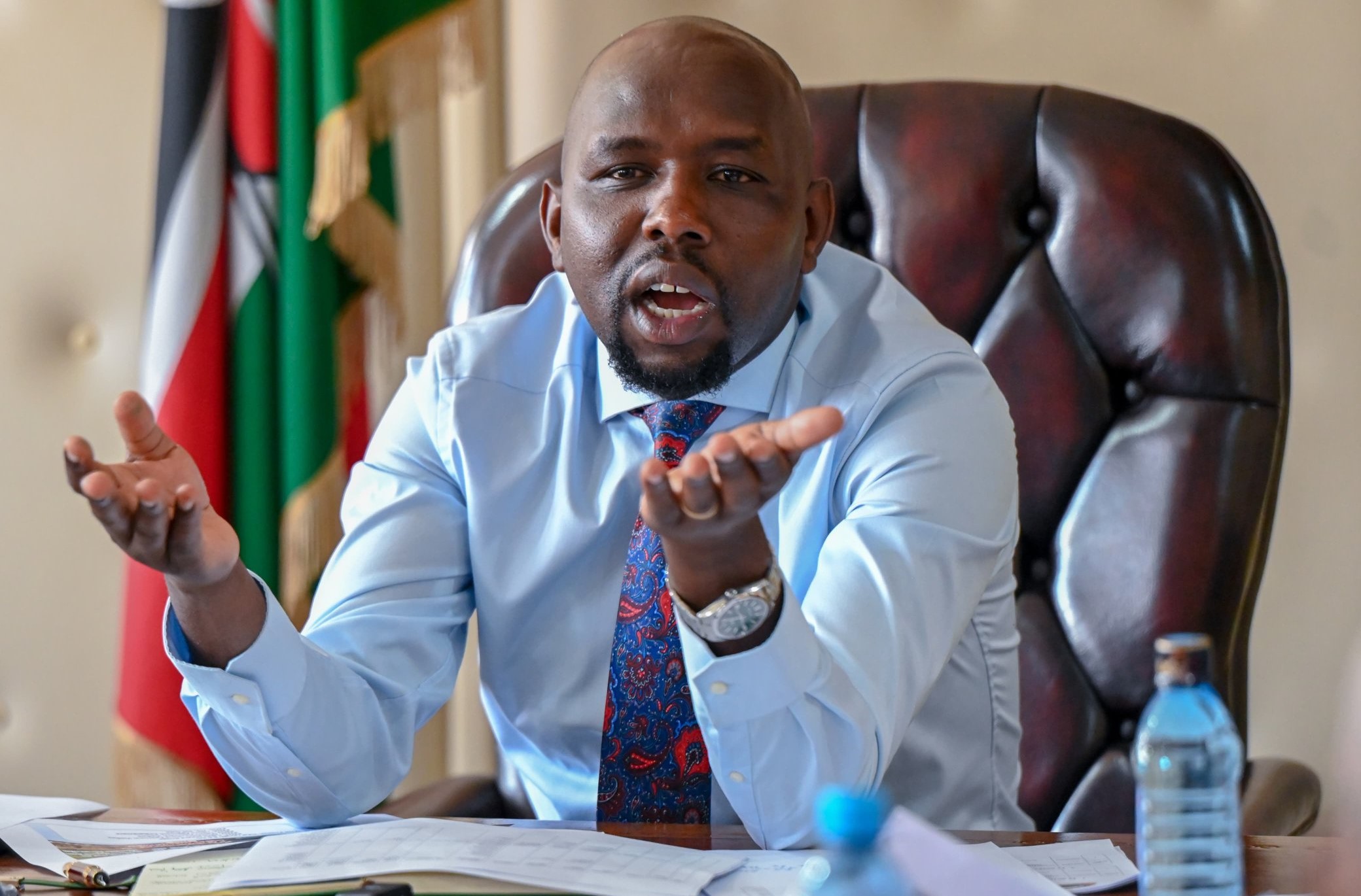Lawmakers have voiced strong criticism of the Social Health Authority’s (SHA) new health insurance scheme, citing poor services, inadequate communication, financial constraints, and unclear implementation frameworks as key concerns discouraging Kenyans from registering.
MPs raised these issues during a briefing by Medical Services Principal Secretary Harry Kimtai and SHA Board Chairman Abdi Mohamed on the progress of the scheme’s rollout. They accused SHA of failing to provide essential healthcare services, forcing patients to pay out of pocket despite being registered.
National Assembly Demands Answers
The backlash prompted National Assembly Speaker Moses Wetang’ula to direct the Health Committee, led by Chairperson Robert Pukose (Endebess), to meet with Ministry of Health officials and SHA representatives next week. A detailed report addressing MPs’ concerns will be presented when Parliament resumes on February 11. We need to know how to address the challenges,” Wetang’ula stated.
MPs Cite Communication Breakdown and Funding Gaps
Majority Leader Kimani Ichung’wah blamed SHA’s poor public outreach for the confusion surrounding the scheme. “Your communication is shambolic. MPs are mobilizing Kenyans on their own because SHA is failing in its role. If even MPs don’t understand the benefits, how do you expect villagers to?” Ichung’wah questioned.
Other lawmakers echoed similar concerns:
– Eve Obara (Kasipul Kabondo) argued that convincing her constituents to register for a financially struggling programme was a challenge.
– John Paul Mwirigi (Igembe Central) noted that many hospitals were not treating patients under the Taifa Care programme, leaving registered members stranded.
– Anthony Kibagendi (Kitutu Chache) demanded clarity on how SHA would address pending bills inherited from NHIF and ensure sustainable funding.
“You are asking us to rally people to register, but where is the money to sustain this initiative?” Kibagendi posed.
SHA Leadership Defends the Scheme
Despite mounting criticism, Kimtai and Mohamed maintained that SHA was a transformative initiative aimed at reducing healthcare burdens, particularly for vulnerable populations.
Mohamed revealed that while 22 million Kenyans had registered for Taifa Care, only four million were active, paid-up members, with financial struggles and poor sensitization cited as the main barriers.
“We are calling on you as leaders to take this message to your constituents. Your endorsement is critical to bridging the gap between the government and the people,” Mohamed told MPs.
SHA Acting CEO Robert Ingasira acknowledged weaknesses in public engagement but urged MPs to champion the initiative and increase enrollment.
Despite these assurances, lawmakers remain sceptical, insisting that SHA must urgently resolve service delivery gaps, funding shortfalls, and transparency issues before gaining public trust.





